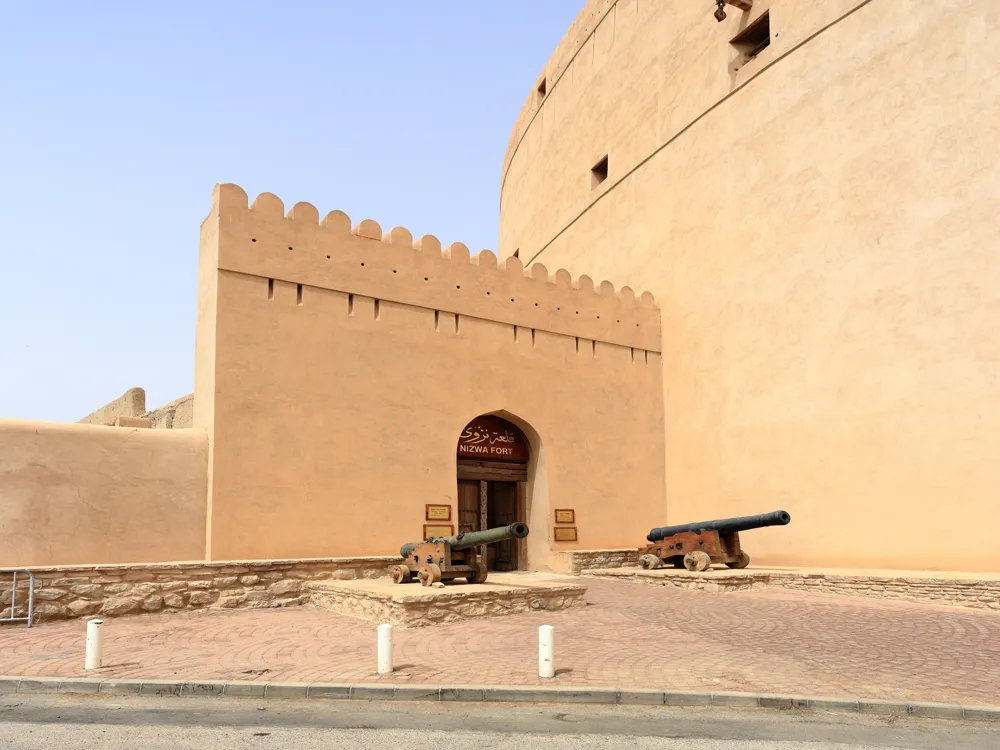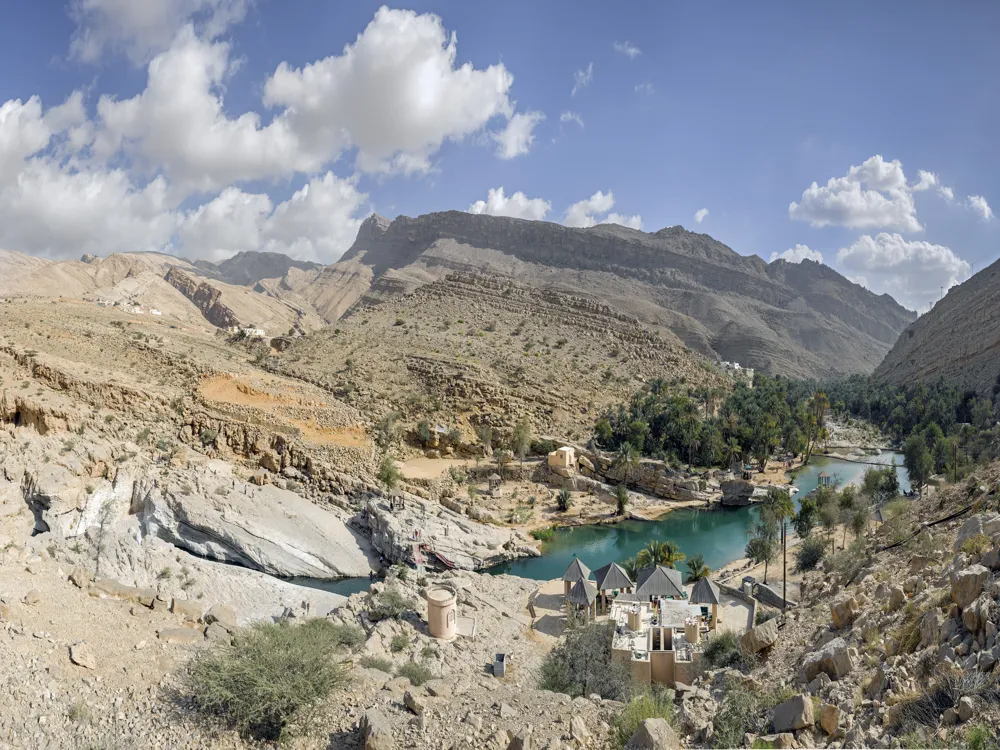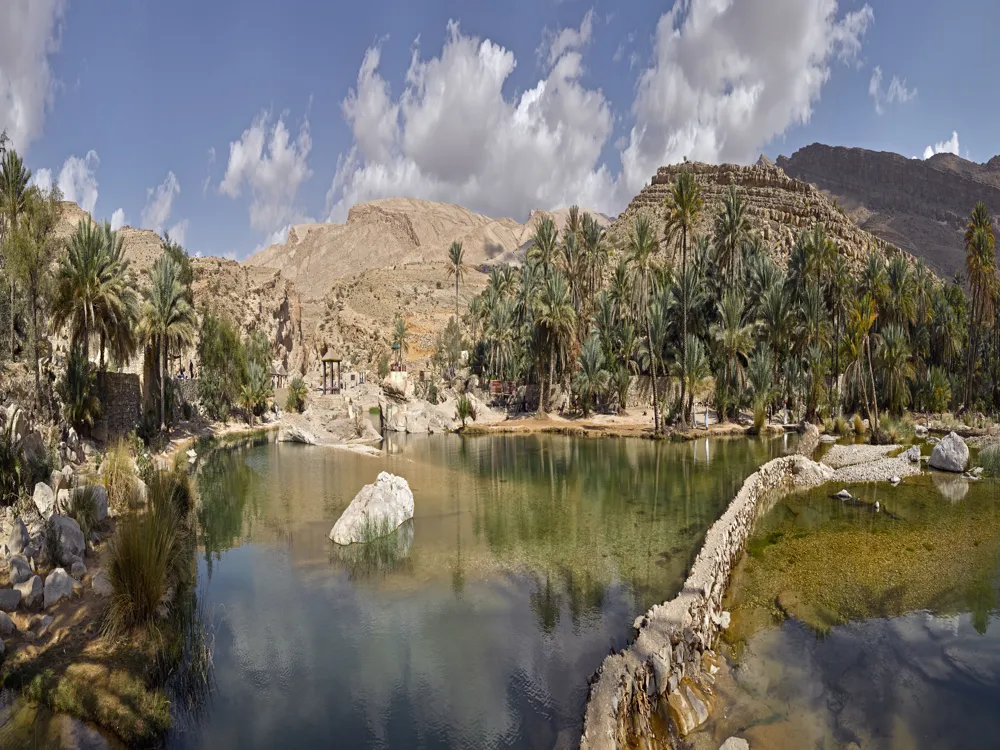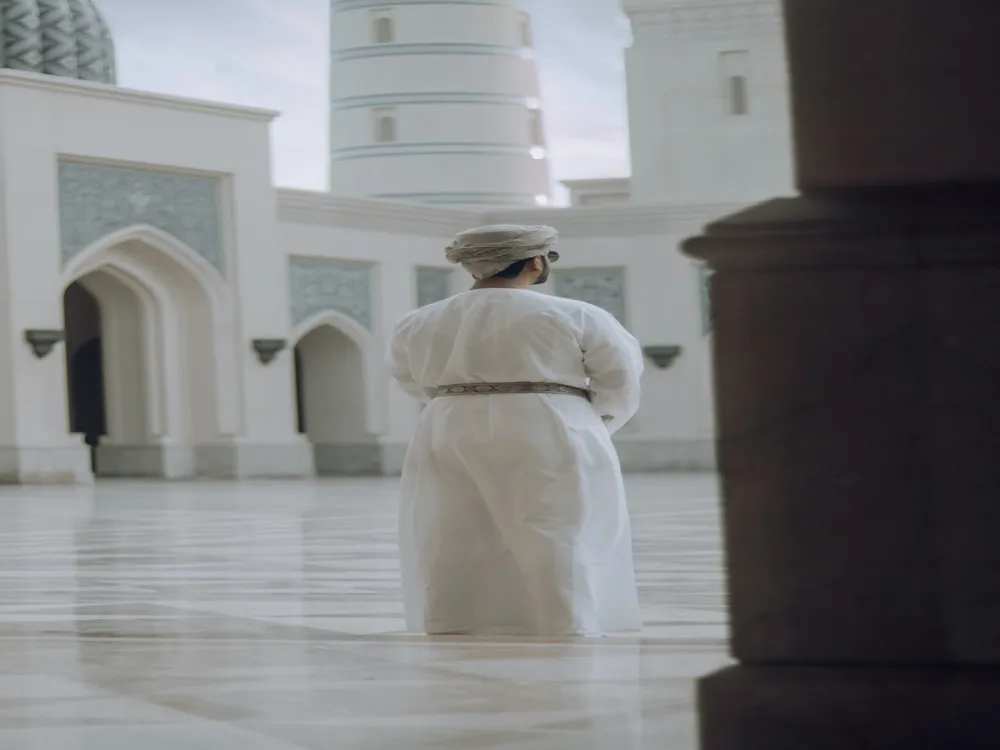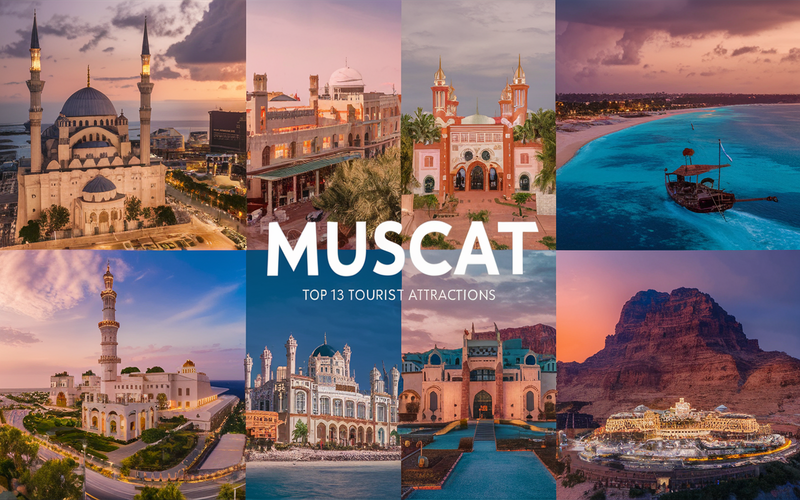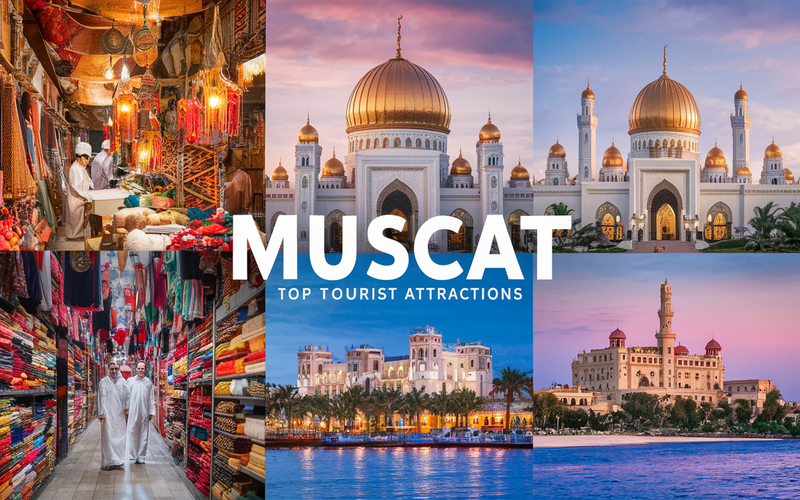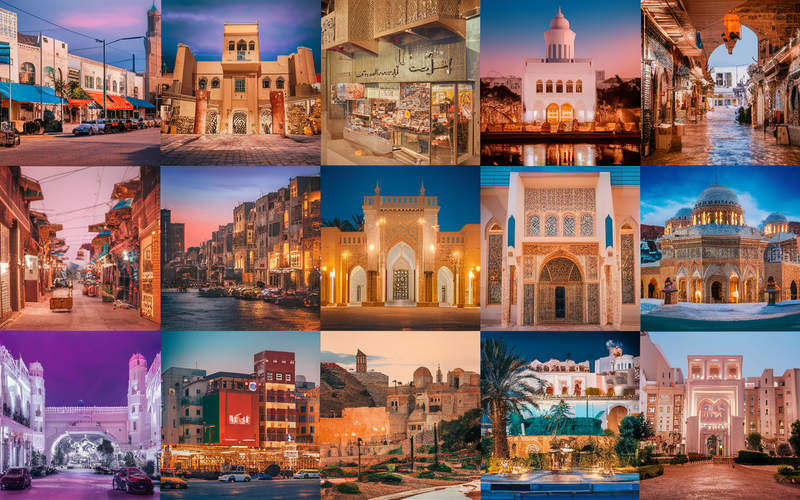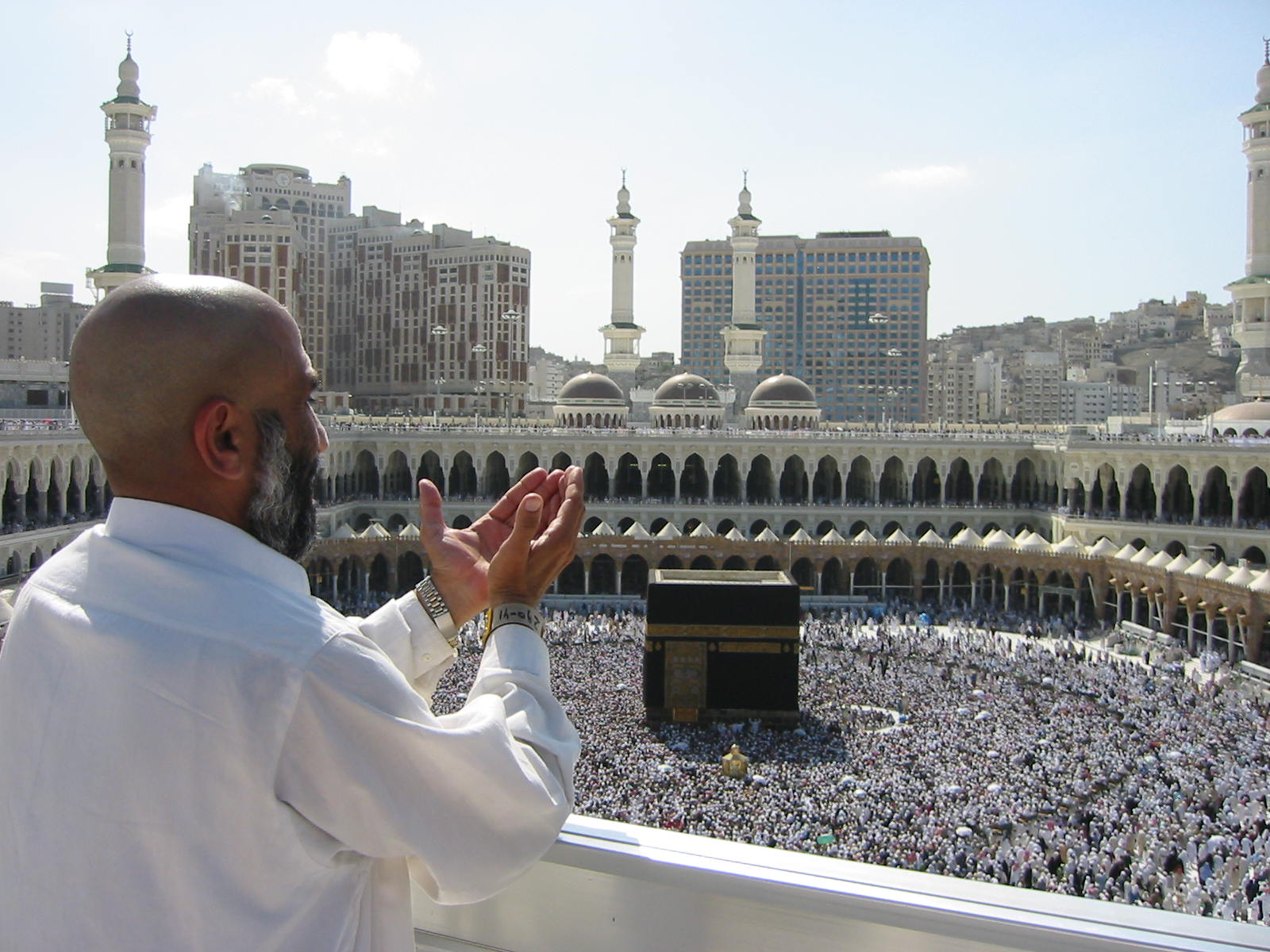Plan Your Travel To Oman
Oman Travel Essentials
Ideal Duration: 8 - 10 days
Currency: Omani Rial (OMR)
Best Time: November-February Read More
Budget: Moderate
"Gateway to the Charming Arab World"
Oman Tourism
Oman is a captivating location known for its rich culture, varied scenery, and historical treasures. It is a hidden jewel on the Arabian Peninsula. The capital, Muscat, is a charming fusion of modern and traditional design, with exquisite fortifications and architecture. Discover the Wahiba Sands desert, the verdant Wadi Shab, and the untamed Al Hajar Mountains. The coastline of Oman is home to tranquil fjords like Khasab and immaculate beaches. The cuisine of the nation includes delectable meals like biryani and shuwa. Oman extends a warm welcome to visitors with a rich cultural legacy and stunning natural surroundings. Discover the history and genuine allure of the Arabian Peninsula.
Must Know Before You Travel to Oman
- Visa Requirements: Check the visa requirements for your nationality before traveling to Oman. Most tourists can obtain a visa on arrival.
- Respect local customs: Oman is a conservative country, so dress modestly, especially in public places.
- Language: Arabic is the official language, but English is widely spoken, making communication easier for tourists.
- Currency: The Omani Rial (OMR) is the official currency. Credit cards are widely accepted, and ATMs are readily available.
- Weather: Oman experiences scorching summers, so plan your visit during the cooler months from October to April.
- Safety: Oman is known for its safety, but still, exercise standard precautions and follow local advice.
- Cuisine: Enjoy Omani delicacies like shuwa (slow-cooked lamb), biryani, and fresh seafood.
- Dress Code: Omanis dress conservatively, and visitors are expected to do the same. Women, in particular, should dress modestly, covering their shoulders and knees.
- Alcohol Restrictions: Alcohol consumption is regulated in Oman. It is available in licensed hotels and bars, but public drunkenness is not tolerated. Do not drink alcohol in public places.
- Time Zone: Oman operates on Gulf Standard Time (GST), which is GMT+4.
- Electricity: The standard voltage is 240V, and the frequency is 50Hz. The power plugs and sockets are of the Type G standard.
- Wi-Fi and Connectivity: Wi-Fi is available in hotels and urban areas, but connectivity may be limited in remote regions. Consider getting a local SIM card for mobile data.
Tourist Places to Visit In Oman
Muscat
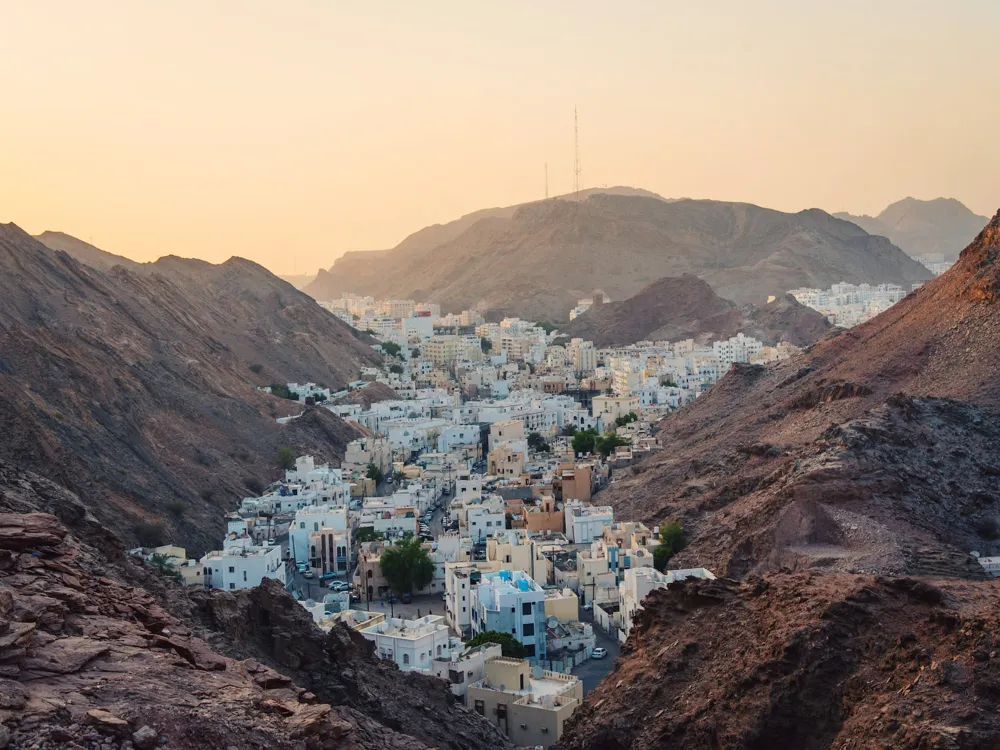
Salalah
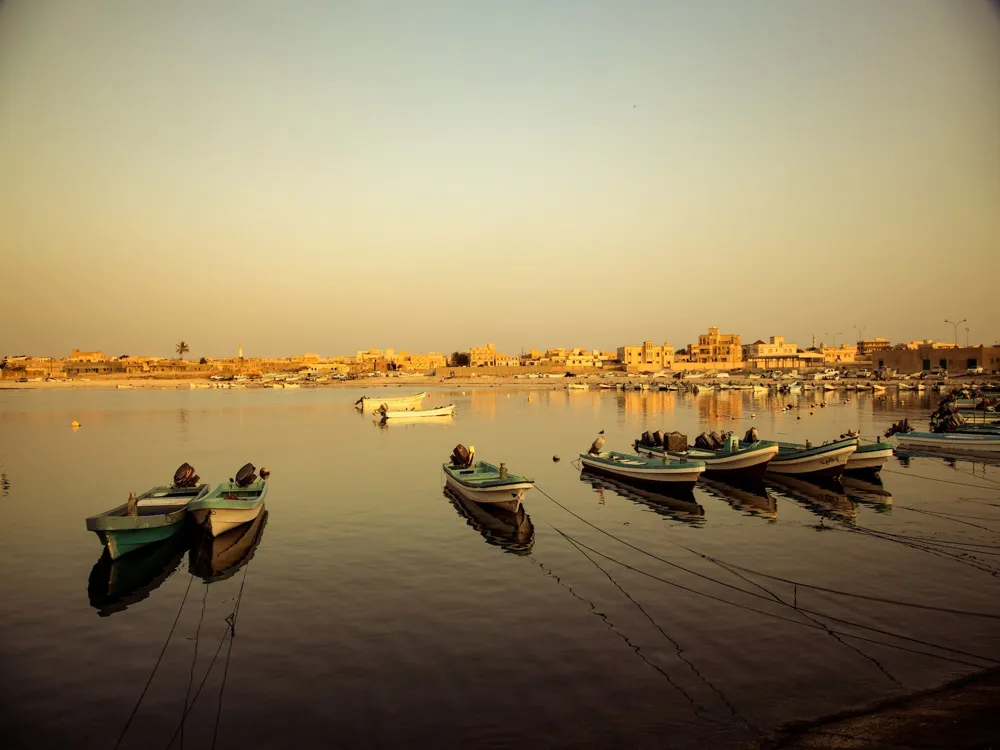
Nizwa
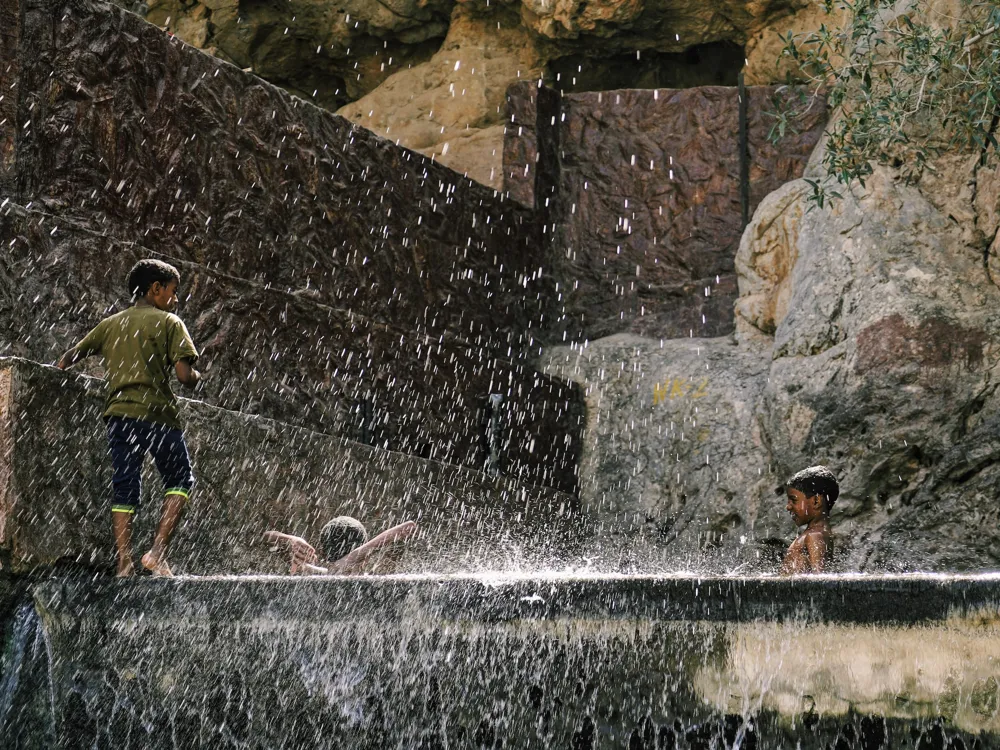
Wadi Darbat
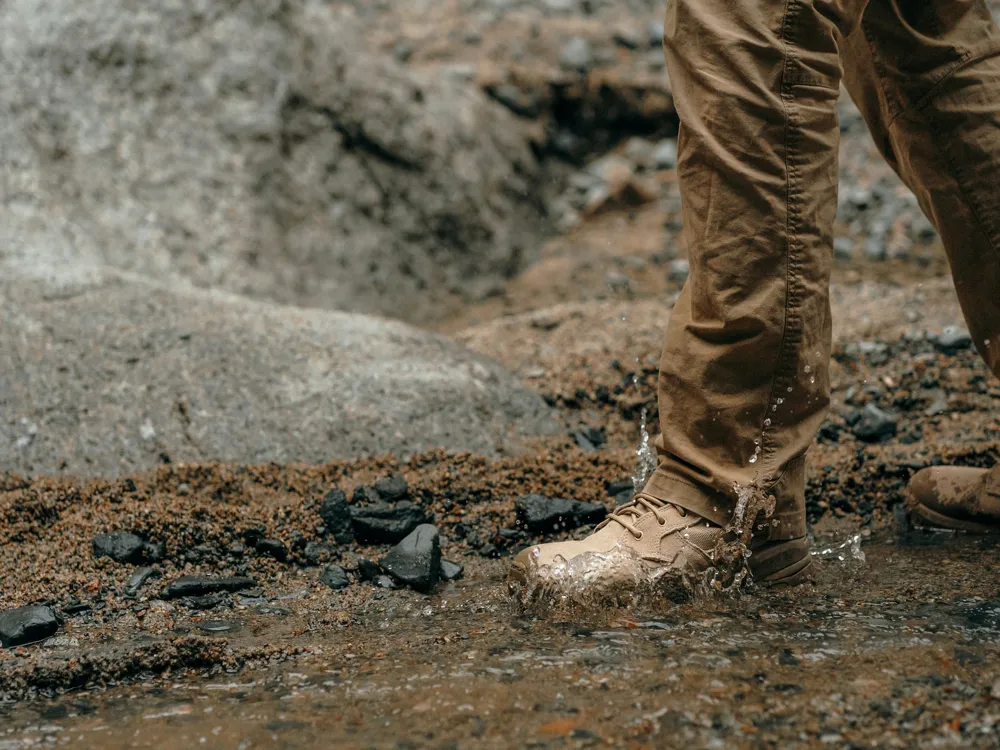
Musandam
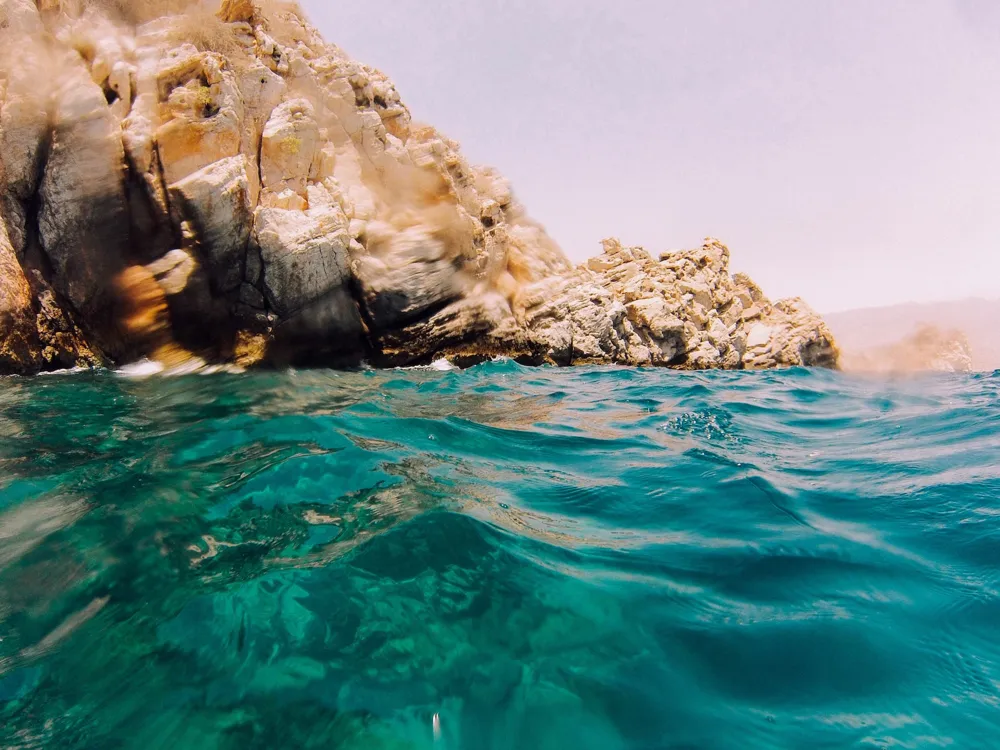
Oman Travel Packages
Compare quotes from upto 3 travel agents for free
View All Packages For Oman
More on Oman Travel
All collections about Oman
Best time to visit Oman
The winter months of October through March are the ideal times to travel to Oman. Because of the country's year-round pleasant weather, summers can occasionally be unbearably hot. Thus, there is some relief from the intense heat throughout the winter. Compared to May through September, which is summer, October through April is colder. Oman experiences very little rainfall, with brief periods in January and February. Nevertheless, the rains are intense and brief. The 'Khareef' monsoon season, which lasts from June to September, brings moist breezes and thick fog that cover the highlands in lush foliage. As a result, it provides some relief from the intense heat. Compared to May through September, which is summer, October through April is colder. Oman experiences very little rainfall, with brief periods in January and February. Nevertheless, the rains are intense and brief. The 'Khareef' monsoon season, which lasts from June to September, brings moist breezes and thick fog that cover the highlands in lush foliage.
Top Stories about Oman Tourism
Read More on Oman Travel
Exchanging money in Oman:
When visiting Oman, it's essential to know about currency exchange. The Omani Rial (OMR) is the official currency, and you can exchange your foreign currency at banks, exchange offices, or ATMs throughout the country. Major credit cards are widely accepted, but it's advisable to carry some cash, especially in rural areas. Keep in mind that the Omani Rial has a fixed exchange rate, and it's wise to check for the latest rates to ensure you get a fair deal when converting your money. Be cautious of street money changers and opt for reputable sources for safer transactions.
Nightlife in Oman:
Oman offers a unique and relatively conservative nightlife scene compared to its neighboring countries. While you won't find the vibrant, bustling nightlife of cities like Dubai, you can enjoy a more subdued and culturally rich experience. Most nightlife options are centered around upscale hotels and beach clubs, offering live music, dance floors, and shisha lounges. Alcohol is only served in licensed venues, and there's a general expectation of respectful behavior, dressing modestly, and avoiding public intoxication. Remember that the weekend in Oman is Thursday and Friday, so that's when the nightlife is livelier.
Shopping in Oman:
Oman offers a diverse and enriching shopping experience. Traditional souks (markets) are scattered across the country, where you can haggle for unique items like frankincense, silver jewelry, Omani textiles, and handcrafted pottery. Modern shopping malls, like the Muscat Grand Mall, showcase international brands and designer goods. Mutrah Souk in Muscat is particularly famous for its traditional Omani products. While shopping, remember to respect local customs by dressing modestly, and it's customary to haggle for a better price at traditional markets.
Festivals in Oman:
Oman celebrates a variety of cultural and religious festivals throughout the year. The most prominent is National Day on November 18th, marking the country's independence. Other important events include Eid al-Fitr and Eid al-Adha, both significant Islamic holidays. The Muscat Festival, held annually, showcases Omani heritage, art, and music. You can also witness the unique Khareef Festival in Salalah, celebrating the monsoon season. These festivals offer a glimpse into Omani culture, featuring traditional dances, music, and delicious cuisine.
Hygiene in Oman:
Oman takes hygiene seriously, ensuring a safe and clean environment for residents and visitors. Tap water is generally safe to drink in most cities, but bottled water is readily available. Restrooms are well-maintained, but it's advisable to carry tissues and hand sanitizer when exploring remote areas. In a warm climate, staying hydrated and using sunscreen are essential. Mosquito repellent might be needed in certain regions. When dining out, choose reputable restaurants and ensure your food is properly cooked to avoid any health concerns.
Tips for visiting Oman:
- When visiting Oman, respect for the local culture is key.
- Dress modestly, covering shoulders and knees, especially in public areas.
- Public displays of affection are frowned upon. Photography restrictions exist near military and government sites.
- Fridays are a day of prayer, with many businesses closed in the morning. Bargaining at traditional markets is expected.
- English is widely understood, but learning a few Arabic phrases can be helpful.
- Finally, embrace the Omani hospitality by accepting offers of dates and coffee when visiting locals.
Foods of Oman:
Omani cuisine is a delightful blend of flavors, influenced by Indian, Persian, and East African culinary traditions. You must try shuwa, a traditional dish of marinated lamb or goat cooked in an underground sand oven for hours. Rice dishes, like biryani, are popular, and seafood is abundant along the coast. Savor the unique flavors of Omani spices and herbs, such as cardamom and saffron. Accompany your meal with dates and Omani coffee. Don't miss out on trying halwa, a sweet dessert made from rosewater, saffron, and nuts. Omani cuisine offers a delightful culinary journey for food enthusiasts.
Photos of Oman
All Country Photos Oman
Popular Questions And Answers on Oman
What is the capital of Oman?
The capital of Oman is Muscat.
When is the best time to visit Oman?
The best time to visit Oman is during the cooler and more comfortable winter months, from October to April. Avoid the scorching heat of summer.
What is the official language of Oman?
Arabic is the official language of Oman, but English is widely understood and spoken, especially in urban areas and by those in the tourism industry.
What are some must-visit attractions in Oman?
Some popular attractions in Oman include the Sultan Qaboos Grand Mosque, Wahiba Sands desert, Wadi Shab, Jebel Akhdar, and the historic forts of Nizwa and Bahla.
Is Oman safe for travelers?
Oman is considered one of the safest countries in the Middle East for tourists. It has a low crime rate, and its people are known for their hospitality.
Do tourists need a visa to visit Oman?
Most tourists require a visa to enter Oman. However, the country offers various types of visas, including eVisas, for travelers, depending on their nationality and the purpose of their visit.
What is the local currency in Oman?
The currency in Oman is the Omani Rial (OMR).
What are some traditional Omani dishes to try?
Omani cuisine offers unique dishes like Shuwa (marinated lamb cooked in an underground sand oven), Mashuai (rice and fish), and Harees (wheat porridge). Don't miss trying Omani coffee and dates.
Can tourists wear regular clothing in Oman, or is there a dress code?
While Oman is relatively liberal in terms of clothing compared to some of its neighbors, it's respectful to dress modestly, especially in rural areas and when visiting mosques. It's recommended for women to cover their shoulders and knees.
What are some cultural etiquettes to be aware of when visiting Oman?
When visiting Oman, it's important to be respectful of local customs. Greeting people with

